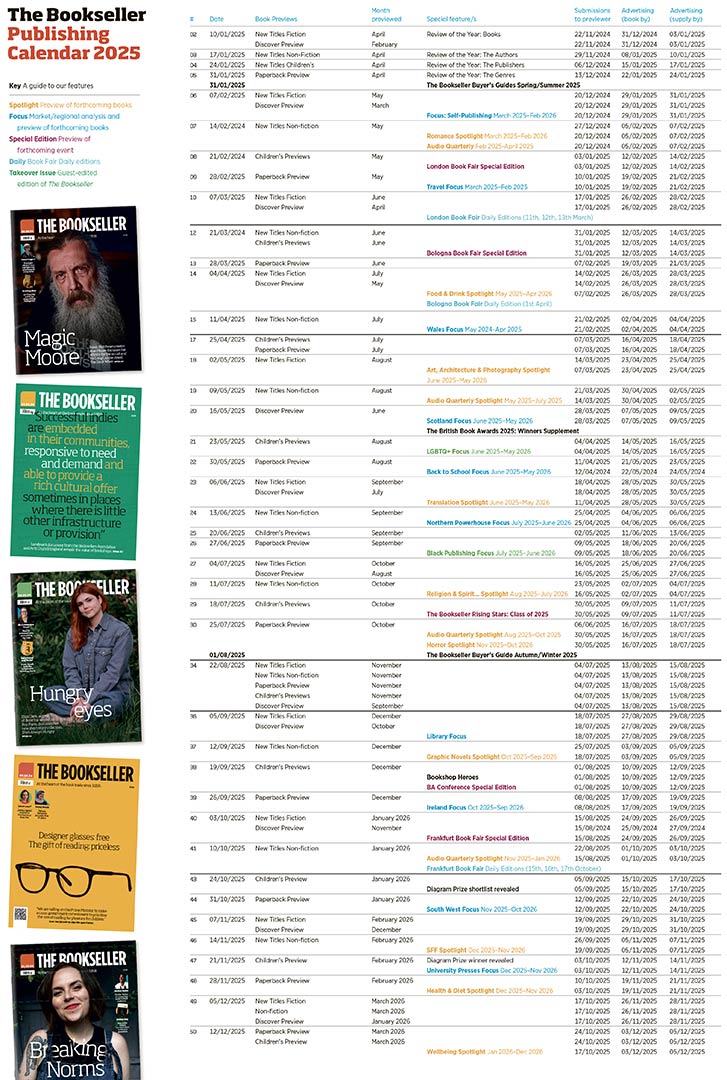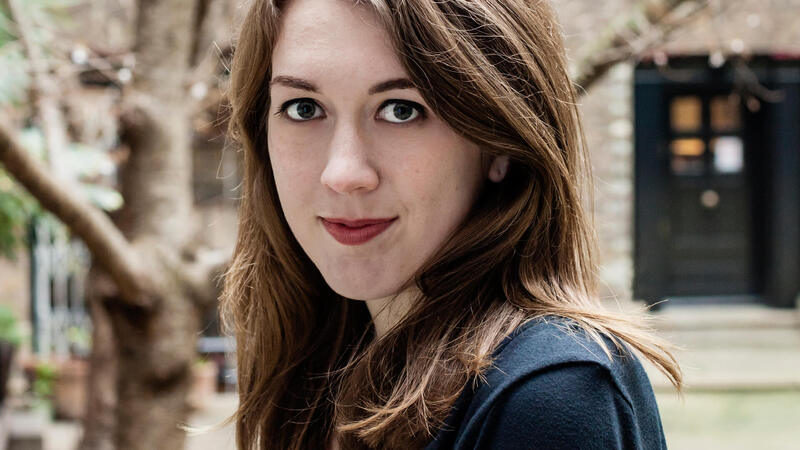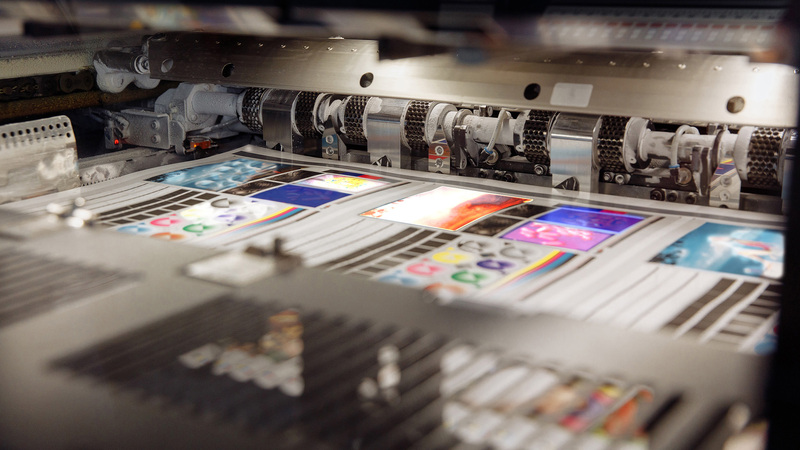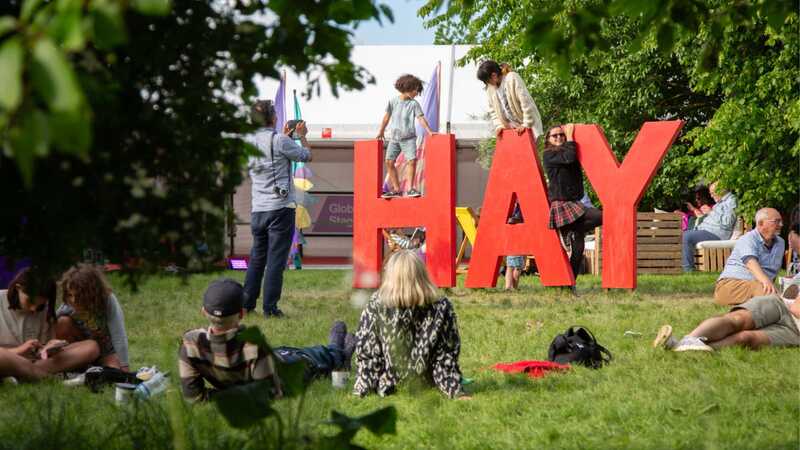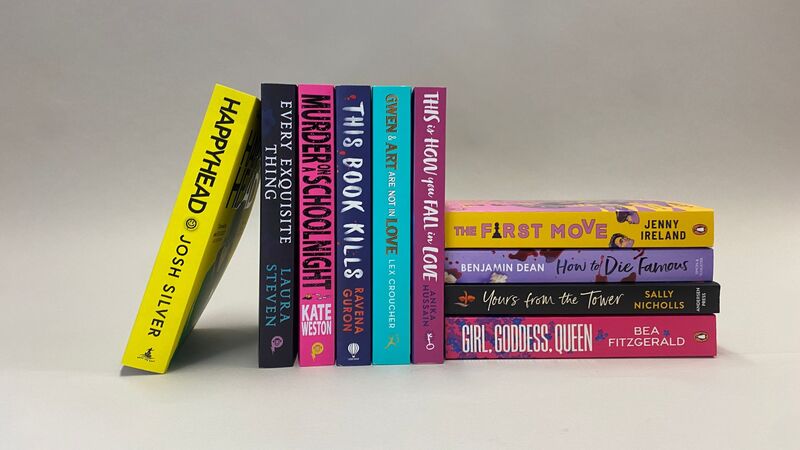You are viewing your 1 free article this month. Login to read more articles.
Getting fiery
It would be hard not to have sympathy for the dilemma Edinburgh International Book Festival (EIBF) has found itself in over the past few days…
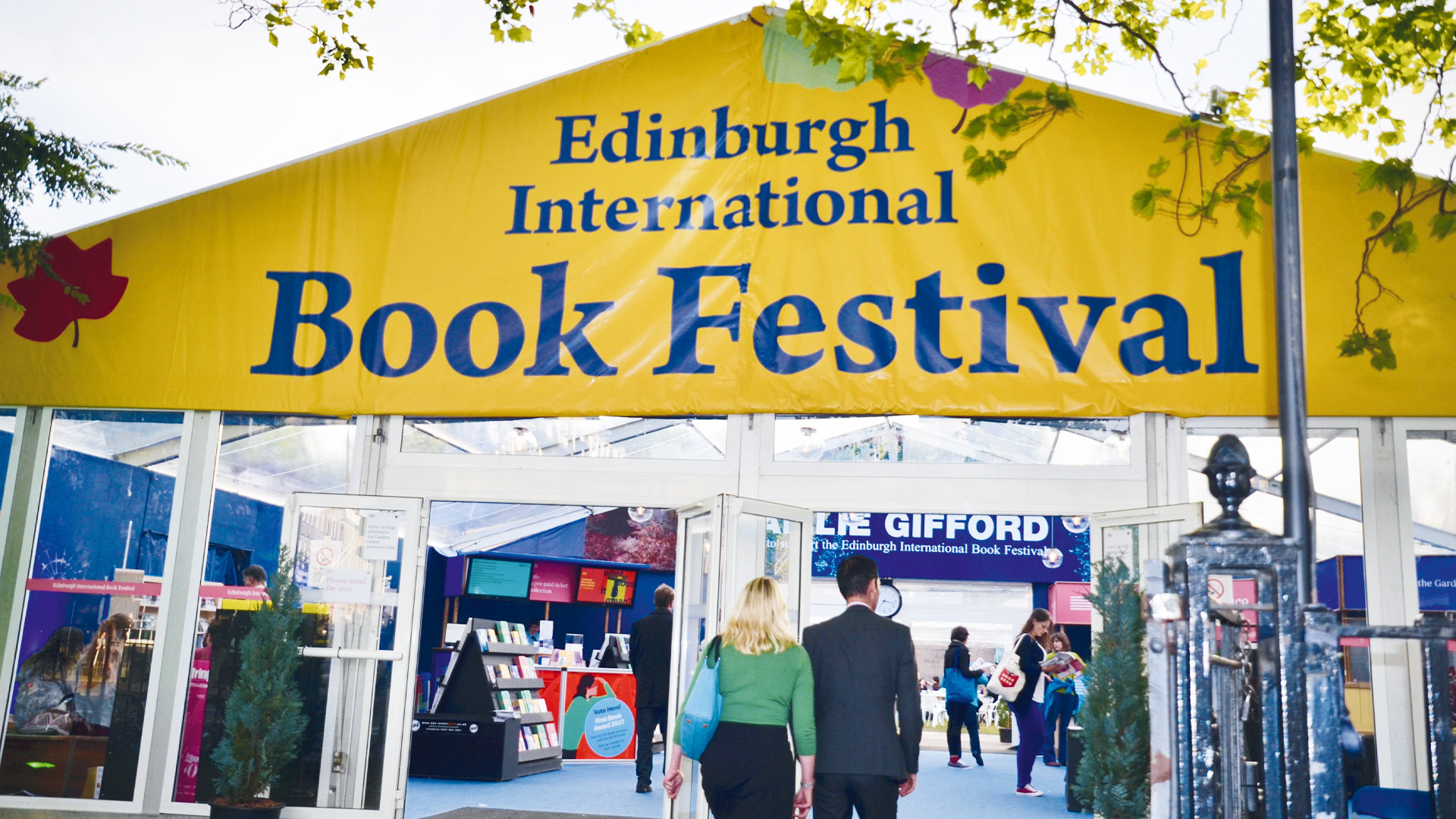
It would be hard not to have sympathy for the dilemma Edinburgh International Book Festival (EIBF) has found itself in over the past few days, with an influential group of writers, Zadie Smith among them, warning that the festival risks an author boycott in 2024 if it does not reconsider sponsorship from investment company Baillie Gifford, which has investments in fossil fuels.
These are tough times for arts sponsorship, and securing and keeping a long-term sponsor like Baillie Gifford is like gold dust. Other literary ventures – not least the Desmond Elliott and Sunday Times Short Story prizes, both now on hiatus due to lack of sponsors – can attest to that.
EIBF did its due diligence, it seems; director Nick Barley says it looked “closely” at Baillie Gifford and felt it was investing in companies that were seeking to resolve the climate crisis; the investment firm itself claims its fossil fuel investments aren’t “significant”, standing at 2% of clients’ money. Yet such is the urgency of the climate crisis that the issue has flared up now like the wildfires currently searing the landscapes of the Mediterranean.
Of course, it is not just EIBF that is affected, which may pose an issue for would-be boycotters. Baillie Gifford has a comprehensive programme of support for literary festivals across the country, and this year is supporting Hay, Cambridge, Bradford, Wigtown and several others – as well as the Baillie Gifford Prize for Non-Fiction, which chose its 25th anniversary winner of winners in April.
The book trade does have some background of sponsorship controversies, whether it’s opposition to the Nestlé-sponsored Children’s Book Prize (now defunct) or poets withdrawing from the T S Eliot Prize a decade ago over hedge fund Aurum’s sponsorship
Nor is the firm a lone wolf: Rathbones, formerly headline sponsor of the Rathbones Folio, is also listed as an EIBF major sponsor, as well as a supporter of others, including Cheltenham and Chalke Valley. It says in its published materials: “We see carefully considered investment in certain fossil fuel companies as compatible with our aim of achieving net zero emissions” – which doesn’t sound like something the climate-concerned authors would support.
A quick glance at the online presence of Schroders, which has just signed a three-year deal to sponsor the FT Business Book of the Year award, finds the declaration: “Climate change: it’s not black and white for fossil fuels. Our experts believe that dialogue with individual companies about their plans will be more effective than divesting from the industry completely.” Ditto.
The book trade does have some background of sponsorship controversies, whether it’s opposition to the Nestlé-sponsored Children’s Book Prize (now defunct) or poets withdrawing from the T S Eliot Prize a decade ago over hedge fund Aurum’s sponsorship. But that shouldn’t distract us from the issue here. Amid a new atmosphere of urgency, the scrutiny of arts sponsors is a discussion that needs to be had – though authors must surely recognise that festivals and book prizes may have to be smaller and poorer without some of the companies whose records they question.



